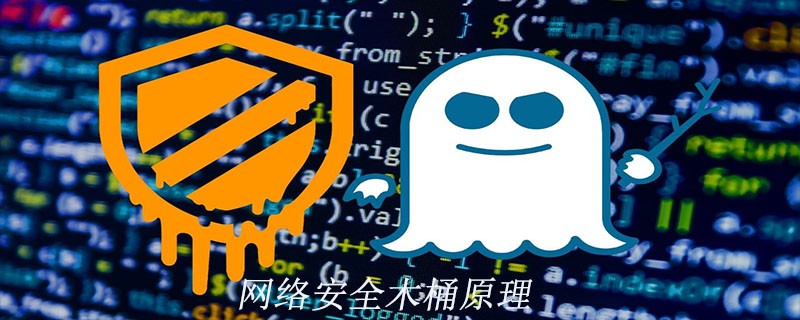

The "barrel principle" of network security means that the overall security level is determined by the part with the lowest security level.
The barrel principle is also called the barrel effect. The meaning is: the wooden barrel containing water is hooped by many wooden boards, and the water capacity is also determined by these wooden boards. If one of the wooden boards is very short, the water capacity of the barrel will be limited by the short board. This short board becomes the "limiting factor" (or called the "short board effect") on the water capacity of the barrel.
Your system has 10 vulnerabilities. Hackers always look for the easiest loophole to break. This is the shortcoming of the so-called "security barrel", the weakest link, no matter how good your other security measures are. Powerful, hackers only need this one vulnerability.
Composition of data security barrel:
1. The first board of data security barrel - network security layer
Network protection is the first line of defense for data security and is also the line of defense against external intrusions. Most of the threats he receives come from external hackers and network attacks. Since it is far away from the data core, although the security protection suffers a big impact, the damage to the data source is relatively small.
Botnets are considered one of the most important threats to current network security. Security experts say zombie computers communicate with their command and control centers on average every 21 minutes, reporting new hosts they have infected, inventory information and data collected from host systems.
2. The second board of the data security barrel - application security layer
The threats in this layer are mainly concentrated in some user applications that are infected by viruses and Trojans. Because the application is based on retrieving data and the client, it has the most frequent contact with data, and the probability of being implanted with Trojans and viruses is also the highest.
A security report pointed out that 75% of the companies surveyed had hosts that had visited malicious networks, and 50% of the companies had 5 hosts that had visited malicious websites. "Every 23 minutes, a host visits a malicious website, and 53% of companies have employees downloading malware through the company network." Security experts said, "Worryingly, 23% of hosts do not update anti-virus on a daily basis. library, and 14% of hosts do not even run anti-virus software at all, leaving enterprises under the threat of malware."
3. The third board of the data security barrel - User Security Layer
This layer generally refers to the user's client and login system. The threats they encounter are basically authentication and identity management security issues. Once a loophole occurs in the security authentication mechanism, the internal security management of the enterprise will be chaotic, and a large amount of information may leak out from within. At the same time, the management of enterprise user identities is also extremely important. Once these identities fall into the hands of hostile enterprises, especially those with high authority, it will definitely bring huge security risks to the enterprise's confidential information.
4. The fourth version of the data security barrel - data security layer
This is the core layer of enterprise data security protection and the source of data. It controls all enterprise data. Safety. Although this layer of security protection means is single or simple, the effect is often the best; due to the advancement of the times, the commonly used encryption technology has also changed the shortcomings of single and simple encryption protection means, allowing data to The layered security protection has moved towards a new realm of multi-source protection.
The above is the detailed content of Network security barrel principle. For more information, please follow other related articles on the PHP Chinese website!
 How to read py files in python
How to read py files in python
 Why can't I access the Ethereum browser?
Why can't I access the Ethereum browser?
 How to use insert statement in mysql
How to use insert statement in mysql
 div scroll bar
div scroll bar
 How to export word from powerdesigner
How to export word from powerdesigner
 What is the difference between webstorm and idea?
What is the difference between webstorm and idea?
 How to register on Matcha Exchange
How to register on Matcha Exchange
 localstorage usage
localstorage usage
 What should I do if my iPad cannot be charged?
What should I do if my iPad cannot be charged?